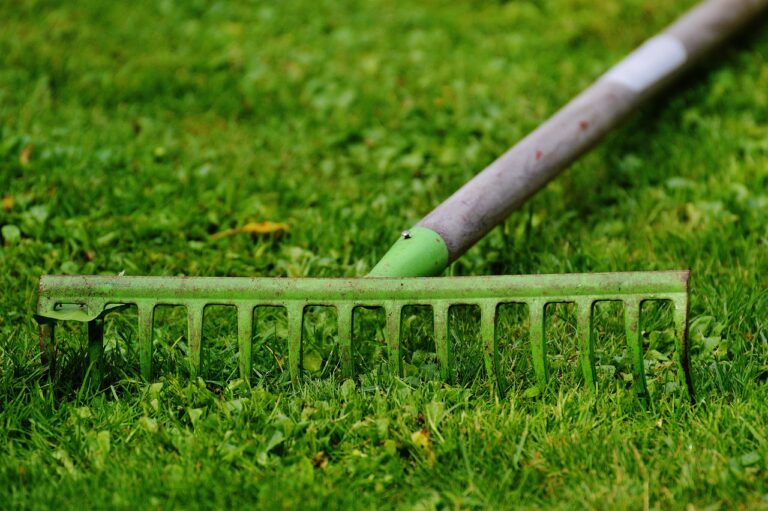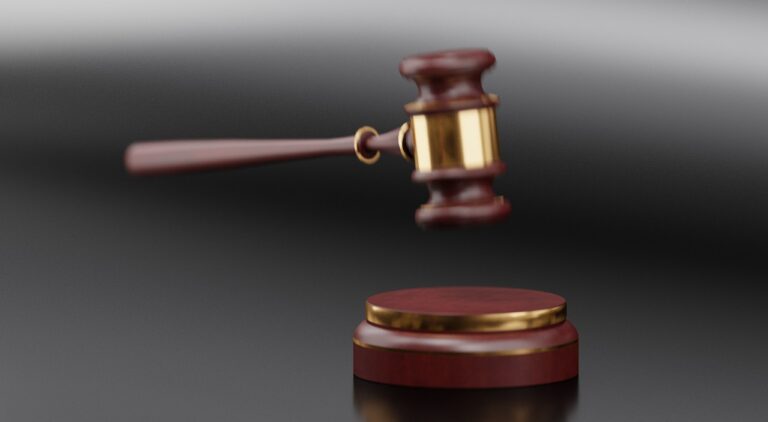Property Insurance: Protect Your Assets and Investments
Property insurance plays a crucial role in safeguarding your home, belongings, and other valuable assets. Whether you own or rent a property, having adequate coverage can provide financial peace of mind and prevent catastrophic losses.
Types of Property Insurance
Homeowners Insurance
Homeowners insurance is comprehensive coverage that protects single-family homes and attached structures. It provides:
- Dwelling coverage: Protects the physical structure of your home
- Other structures coverage: Covers detached structures like garages and sheds
- Personal property coverage: Protects your belongings inside the home
- Loss of use coverage: Reimburses living expenses if your home becomes uninhabitable due to a covered peril
Renters Insurance
Renters insurance is essential for tenants who don’t have coverage under their landlord’s policy. It protects:
- Personal property: Covers your belongings against theft, damage, or loss
- Liability coverage: Protects you against accidents or injuries to others within your rented unit
- Loss of use coverage: Provides financial assistance if you’re temporarily unable to live in the rental due to a covered peril
Commercial Property Insurance
Commercial property insurance protects businesses and commercial properties. It covers:
- Building coverage: Protects the physical structure of the building
- Business personal property coverage: Protects business equipment, inventory, and furniture
- Business interruption coverage: Compensates for lost income and expenses caused by a covered peril
Benefits of Property Insurance
- Financial protection: Property insurance covers the costs of repairs, replacements, and other expenses associated with covered losses.
- Peace of mind: Knowing that your assets are insured can provide peace of mind and reduce financial stress in case of unexpected events.
- Legal compliance: In some cases, property insurance is legally required, especially for mortgaged properties.
Choosing the Right Property Insurance Policy
- Determine coverage needs: Assess the value of your property and belongings to determine the appropriate coverage limits.
- Research insurance providers: Compare different providers, policies, and premiums to find the best fit for your needs and budget.
- Consider deductibles: A deductible is the amount you pay out-of-pocket before insurance coverage kicks in. A higher deductible can lower premiums, but it also increases your financial risk.
Filing a Property Insurance Claim
- Notify your insurer promptly: Report the loss or damage as soon as possible to initiate the claims process.
- Document the damage: Take photos or videos of the damaged property and keep receipts for any expenses related to the incident.
- Cooperate with the adjuster: The insurance adjuster will inspect the property and determine the extent of the damage. Cooperate fully to ensure a fair and timely settlement.
Conclusion
Property insurance is an essential investment that protects your financial well-being. By understanding the different types of coverage available and choosing the right policy, you can safeguard your assets, provide peace of mind, and prepare for the unexpected. Remember to review your policy regularly and adjust coverage as your needs evolve.

























